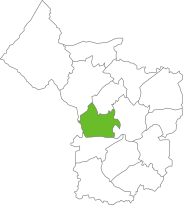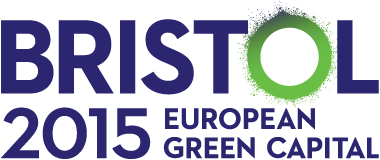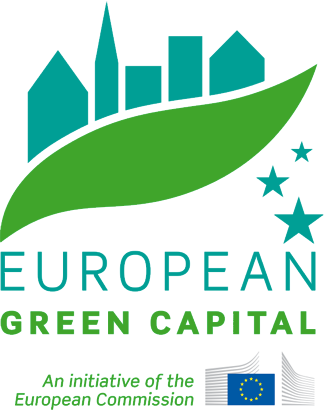Nature Writing Day
Bristol was central to the birth of Romanticism. William Wordsworth and Samuel Taylor Coleridge stayed and worked in the city; the first edition of the Lyrical Ballads was published in Bristol.
Our Romanticism programme for spring 2015 celebrates Bristol of the time – including the life of Thomas Chatterton, Hannah More, Wordsworth, Coleridge and others in the city – but brings the issues debated then right up to date. The Romantics focused on nature and the emotions, place and the environment. As part of the series of events, we present a day that looks at how nature has inspired writers of poetry and prose, contributed to personal healing and provided a new approach for environmental campaigns.
Programme for the day:
11.30-13.00 – Writers and the Natural World
Why does nature continue to inspire and fascinate both readers and writers? John Burnside, Paul Farley, Ruth Padel and Jean Sprackland, all acclaimed writers and poets whose work draws on the natural world, discuss the enduring link between nature and the written word. All four will also be appearing at the A New Lyrical Ballads: Contemporary Poets and Romanticism event on 6 March 2015.
14.00-15.00 – H is for Hawk: Helen Macdonald
Winner of the 2014 Samuel Johnson prize, H is for Hawk is a visceral depiction of grief and depression following the death of Macdonald’s father, and her salvation through falconry. Part memoir, part biography of TH White and an account of the year-long training of her goshawk; this is nature writing at its very best.
15.30-16.30 – What Nature Does for Britain: Tony Juniper
Ecology meets economics head on as environmental campaigner Tony Juniper evaluates the UK’s natural capital. He argues that far from being worthless or an impediment to progress, nature provides much needed support systems and the damage we are causing to them make no economic sense.
Venue
Event type
- Art, Craft & Exhibitions
- Talks & Debates
- Outdoors & Nature
Event organiser
Festival of Ideas
Neighbourhood




